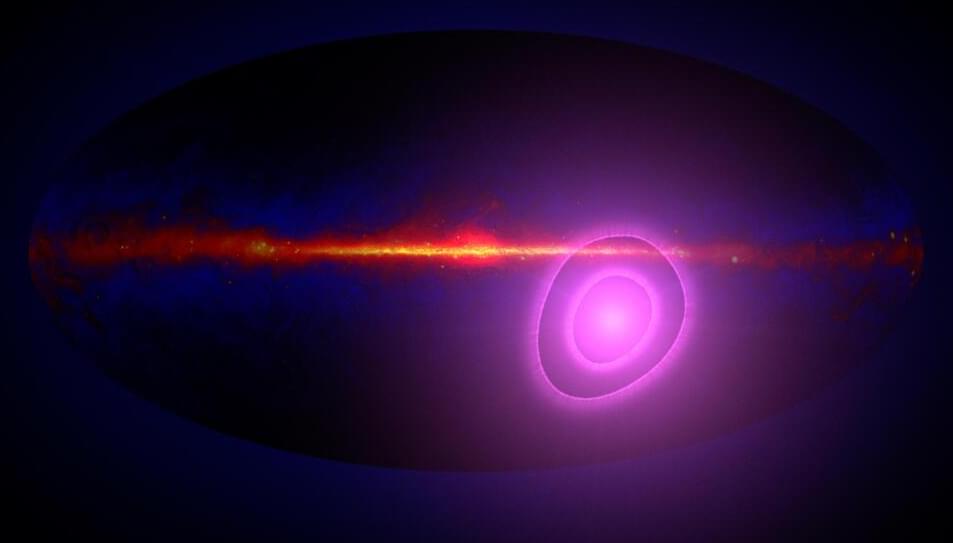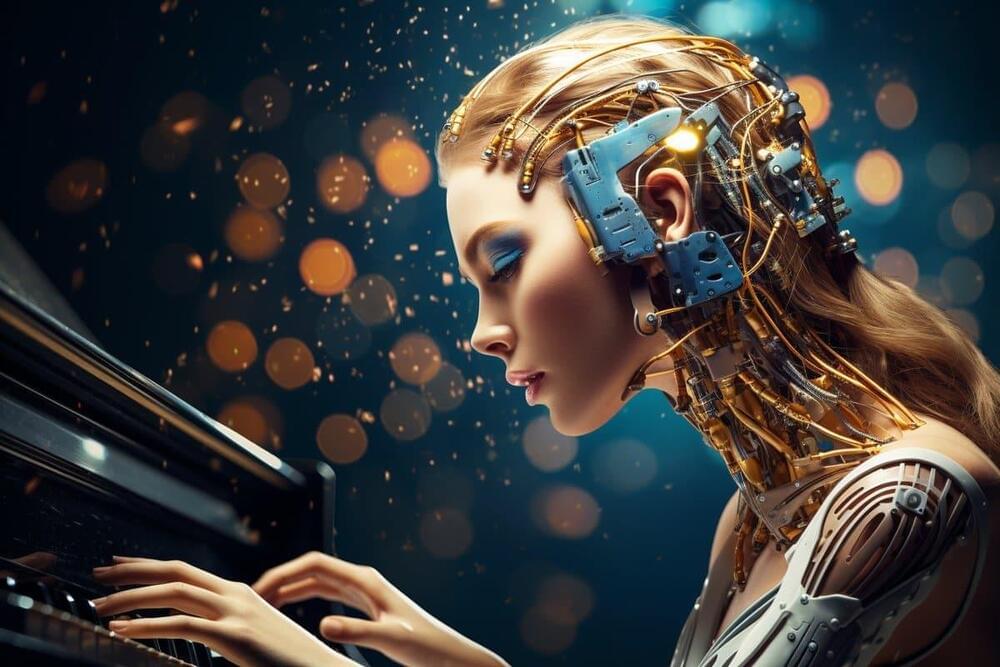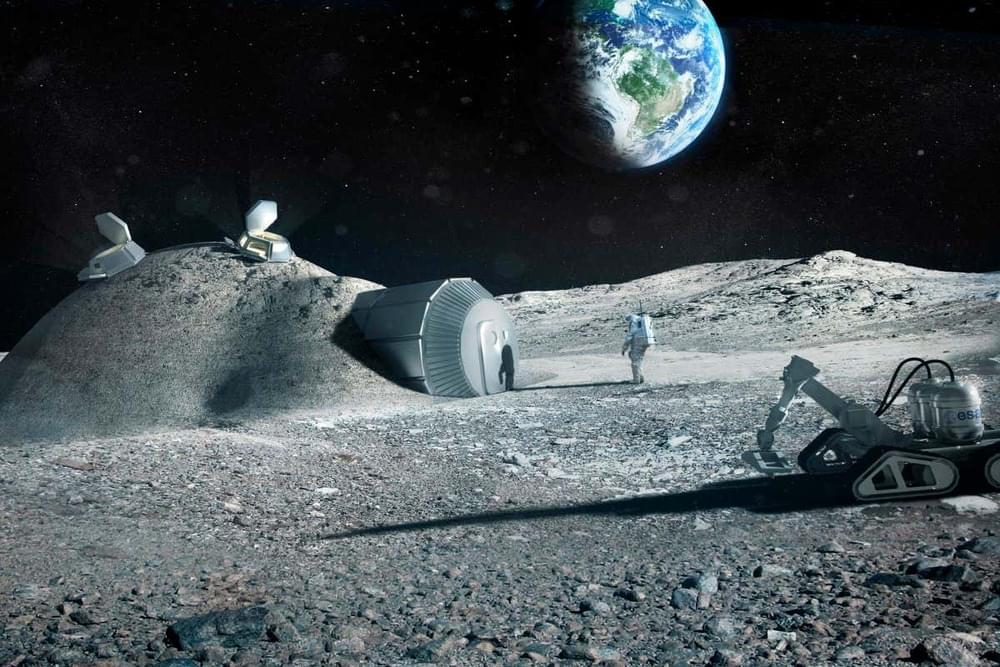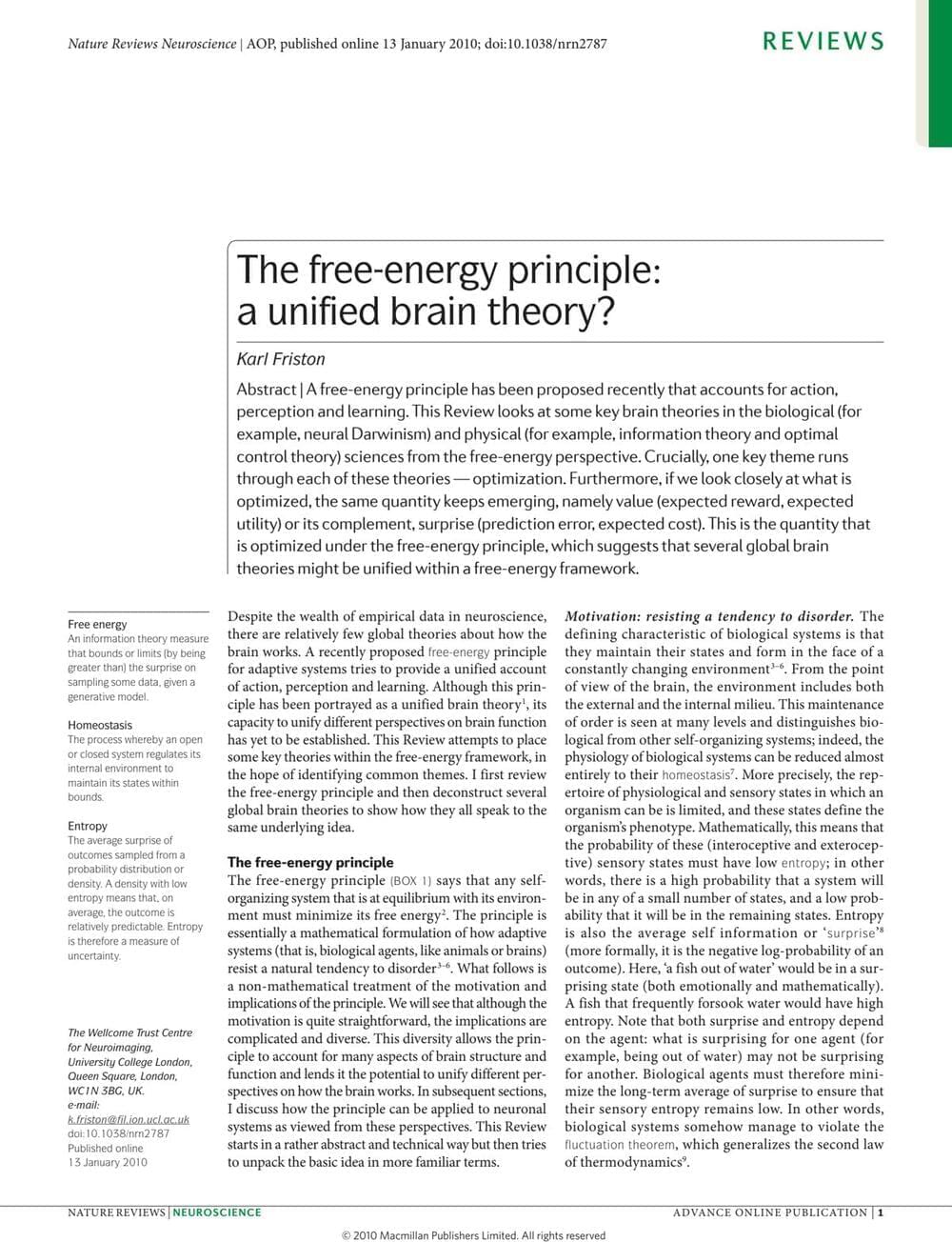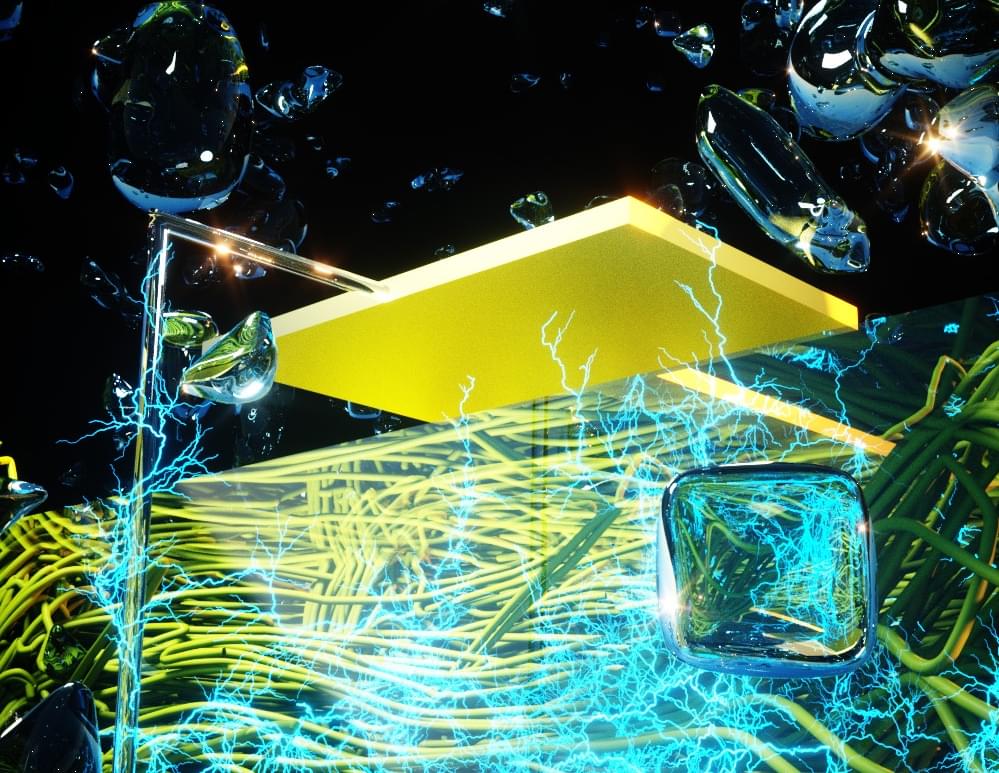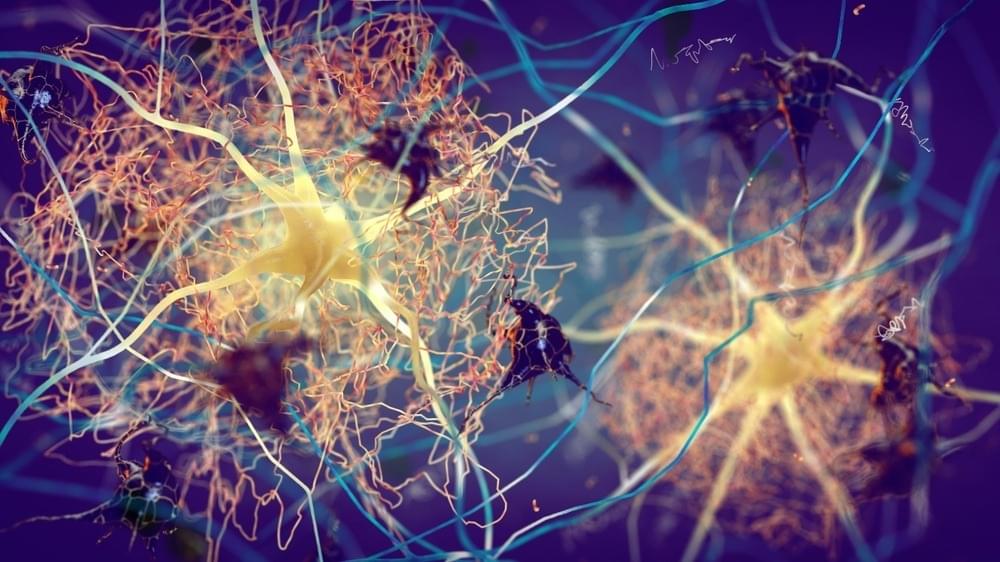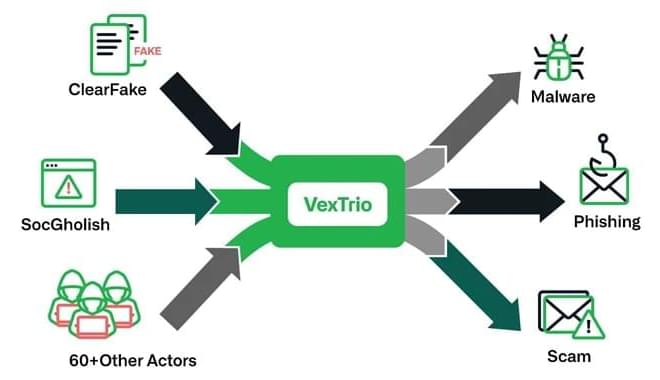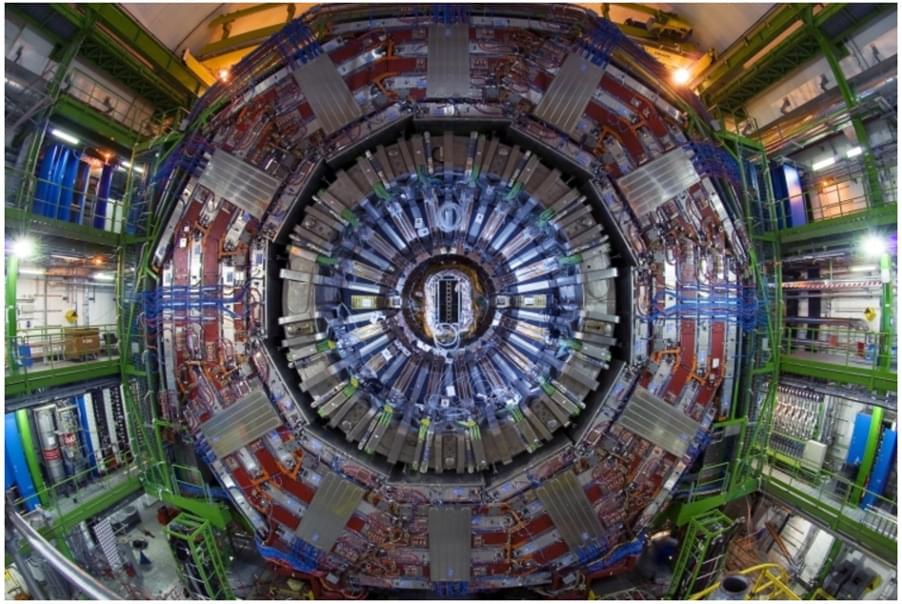Astronomers analyzing 13 years of data from NASA’s Fermi Gamma-ray Space Telescope have found an unexpected and as yet unexplained feature outside of our galaxy.
“It is a completely serendipitous discovery,” said Alexander Kashlinsky, a cosmologist at the University of Maryland and NASA’s Goddard Space Flight Center in Greenbelt, who presented the research at the 243rd meeting of the American Astronomical Society in New Orleans. “We found a much stronger signal, and in a different part of the sky, than the one we were looking for.”
Intriguingly, the gamma-ray signal is found in a similar direction and with a nearly identical magnitude as another unexplained feature, one produced by some of the most energetic cosmic particles ever detected.
